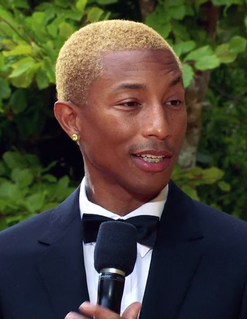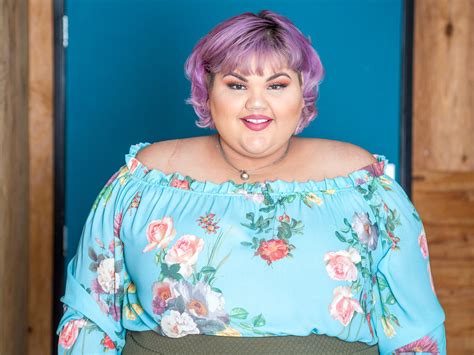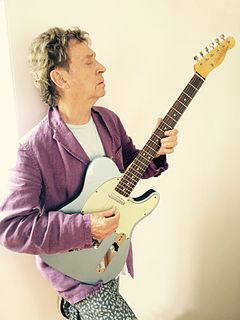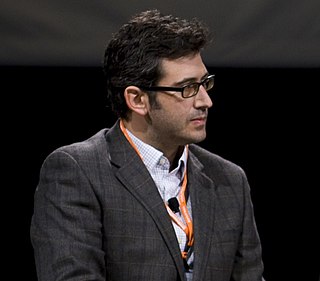A Quote by Robbie Williams
You know, I am a mainstream person with mainstream tastes, and I want to hear the hits.
Related Quotes
I mean, when we did 'Families At War,' on Saturday night prime time, people said we were mainstream then. But it wasn't in the least mainstream. The fact that we got that on BBC1 at that time with those ridiculous things, that's as mainstream as we get. We do what we do and people can think that it's mainstream or avant-garde.
I was on television a couple of years ago and the reporter asked me, "How does it feel being on mainstream media? It's not often poets get on mainstream media." I said, "Well I think you're the dominant media, the dominant culture, but you're not the mainstream media. The mainstream media is still the high culture of intellectuals: writers, readers, editors, librarians, professors, artists, art critics, poets, novelists, and people who think. They are the mainstream culture, even though you may be the dominant culture."
Commercial record has never interested me. It's amazing I was in a band like The Police that had such phenomenal commercial success. Part of what made The Police what it was was that we didn't all come in with obvious mainstream musical tastes. We were a rock band and somehow we had to make rock music, but it was informed by a lot of things outside of the mainstream for sure.
Whether these were liberal publications or conservative publications, whether they were mainstream or slightly to the side of the mainstream; out of the mainstream, they all believed that they had the right to tell you how to stylize yourself. And from the New York Times to the much more left-winged nation. And The Voice said, no, whatever you want to. You drew whatever you want to, we'll publish it. Nobody was doing that. Nobody does it today. The Voice is no longer that paper, and editorializing is now in the hands of editors, with few exceptions.



































